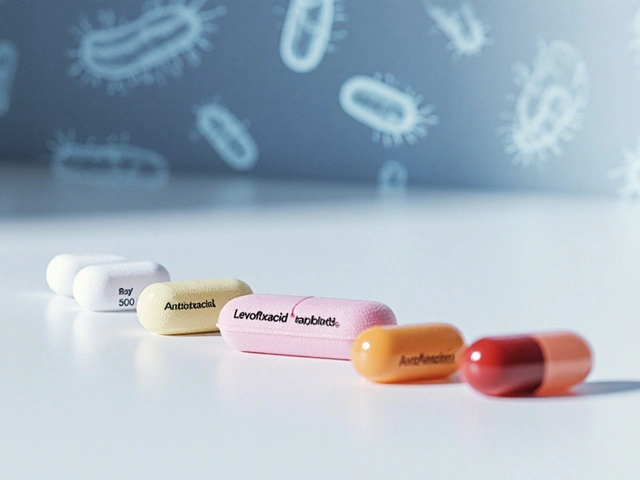Elderberry: Quick Facts, Benefits, and Safety Tips
If you’ve seen elderberry syrup on a kitchen shelf or in a health blog, you’re not alone. This dark purple fruit has become a go‑to for people looking for natural support during cold season. But what does the science actually say, and how can you use it without a guess‑work approach?
What Elderberry Does for Your Body
Elderberries are packed with antioxidants, especially anthocyanins, which give the fruit its deep color. Those antioxidants help fight free radicals, the same culprits that speed up aging and can damage cells. Many users report fewer cold symptoms when they take elderberry at the first sign of a sore throat or sniffles. The reason is simple: elderberry may boost the production of cytokines, proteins that tell your immune system to get moving.
Besides the immune boost, elderberry has been studied for heart health. The same anthocyanins can support healthy blood pressure and improve cholesterol levels when part of a balanced diet. If you’re already watching your heart numbers, a small daily dose of elderberry might be a helpful addition.
How to Take Elderberry Safely
When it comes to dosage, most studies used 150‑300 mg of elderberry extract taken two or three times daily. That translates to about a tablespoon of syrup or a small capsule. Start low – a half‑teaspoon of syrup for a day – and see how you feel. If you have a sweet tooth, choose a product with minimal added sugar; the sugar can mask the benefits and add extra calories.
Don’t mix raw elderberries or the leaves into foods unless they’re cooked. Raw berries contain cyanogenic glycosides, which can release cyanide in the gut and cause nausea or worse. Cooking destroys those compounds, making the fruit safe to eat.
People on medication should be cautious. Elderberry can interact with immunosuppressants, making them less effective, and may also affect blood‑thinning drugs like warfarin. If you’re on any prescription, chat with your doctor before adding a regular elderberry supplement.
Pregnant or breastfeeding moms should stick to low doses or avoid it unless a healthcare professional says it’s okay. While there’s no solid evidence of harm, the data is limited.
Finally, buy from reputable brands that test for purity and label the exact amount of elderberry extract. Look for third‑party certifications or a clear ingredient list. Cheap, unverified products often contain fillers or far less elderberry than advertised.
Bottom line: elderberry can be a handy natural ally during cold season, support heart health, and add antioxidants to your diet. Use it in measured amounts, choose quality products, and check with a doctor if you’re on meds. That way you get the benefits without the risks.
Discover the incredible healing properties of elderberry in this comprehensive guide. From its rich history in traditional medicine to modern uses in boosting immune health, elderberry proves to be a versatile supplement. Learn how to incorporate it into your daily routine and unlock its potential benefits. This article will provide essential tips, interesting facts, and practical advice for making the most of elderberry.
Continue reading





